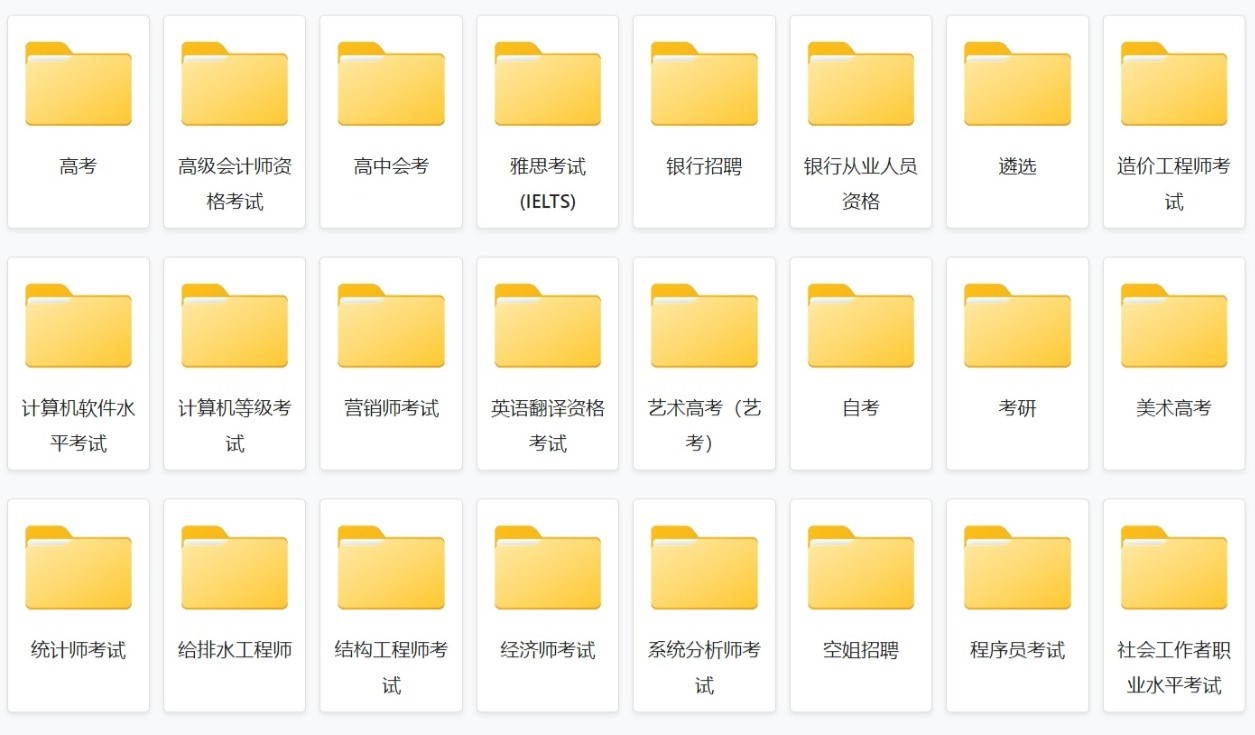如何防止C共享库在python中的stdout上打印?
我使用的是python库,该库导入了在stdout上打印的C共享库。我想要一个干净的输出以便与管道一起使用或在文件中重定向。打印是在python之外的共享库中完成的。
一开始,我的方法是:
# file: test.py
import os
from ctypes import *
from tempfile import mktemp
libc = CDLL("libc.so.6")
print # That's here on purpose, otherwise hello word is always printed
tempfile = open(mktemp(),'w')
savestdout = os.dup(1)
os.close(1)
if os.dup(tempfile.fileno()) != 1:
assert False, "couldn't redirect stdout - dup() error"
# let's pretend this is a call to my library
libc.printf("hello world\n")
os.close(1)
os.dup(savestdout)
os.close(savestdout)
第一种方法是行之有效的:
-出于某种原因,它在移动标准输出之前需要一个“打印”语句,否则总是打印问候词。结果,它将打印一个空行,而不是库通常输出的所有模糊测试。
-更烦人的是,重定向到文件时失败:
$python test.py > foo && cat foo
hello world
我的第二次python尝试是从注释中给出的另一个类似线程中获得启发的:
import os
import sys
from ctypes import *
libc = CDLL("libc.so.6")
devnull = open('/dev/null', 'w')
oldstdout = os.dup(sys.stdout.fileno())
os.dup2(devnull.fileno(), 1)
# We still pretend this is a call to my library
libc.printf("hello\n")
os.dup2(oldstdout, 1)
这也无法防止打印“ hello”。
因为我觉得这有点低,所以我决定完全使用ctypes。我从此C程序中获得了灵感,该程序不显示任何内容:
#include <stdio.h>
int main(int argc, const char *argv[]) {
char buf[20];
int saved_stdout = dup(1);
freopen("/dev/null", "w", stdout);
printf("hello\n"); // not printed
sprintf(buf, "/dev/fd/%d", saved_stdout);
freopen(buf, "w", stdout);
return 0;
}
我建立了以下示例:
from ctypes import *
libc = CDLL("libc.so.6")
saved_stdout = libc.dup(1)
stdout = libc.fdopen(1, "w")
libc.freopen("/dev/null", "w", stdout);
libc.printf("hello\n")
libc.freopen("/dev/fd/" + str(saved_stdout), "w", stdout)
即使我在printf之后是libc.fflush(stdout),也会打印“
hello”。我开始认为可能无法在python中做我想做的事情。也许我获取指向stdout的文件指针的方法不正确。
你怎么看?
-
基于@Yinon
Ehrlich的答案。此变体尝试避免泄漏文件描述符:import os import sys from contextlib import contextmanager @contextmanager def stdout_redirected(to=os.devnull): ''' import os with stdout_redirected(to=filename): print("from Python") os.system("echo non-Python applications are also supported") ''' fd = sys.stdout.fileno() ##### assert that Python and C stdio write using the same file descriptor ####assert libc.fileno(ctypes.c_void_p.in_dll(libc, "stdout")) == fd == 1 def _redirect_stdout(to): sys.stdout.close() # + implicit flush() os.dup2(to.fileno(), fd) # fd writes to 'to' file sys.stdout = os.fdopen(fd, 'w') # Python writes to fd with os.fdopen(os.dup(fd), 'w') as old_stdout: with open(to, 'w') as file: _redirect_stdout(to=file) try: yield # allow code to be run with the redirected stdout finally: _redirect_stdout(to=old_stdout) # restore stdout. # buffering and flags such as # CLOEXEC may be different

